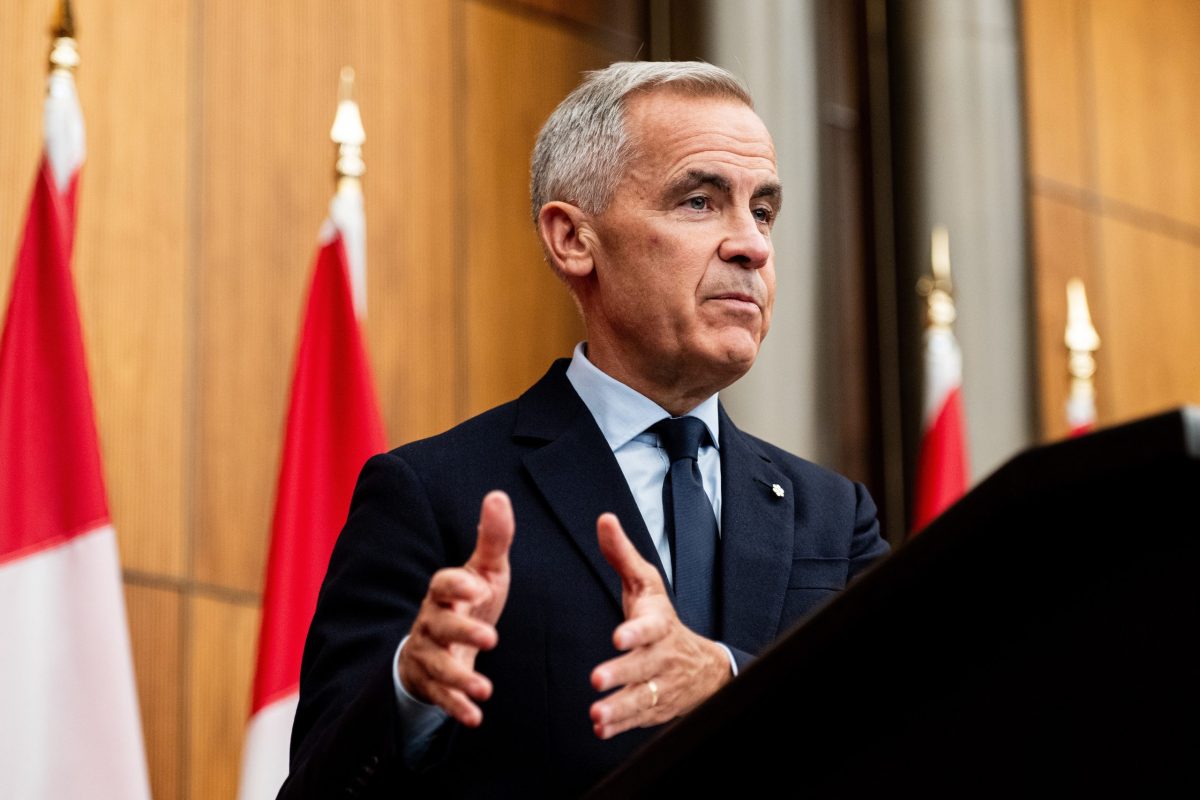Ottawa is contemplating legislation that would allow seed companies to collect royalties on harvested grain.
Federal agriculture minister Gerry Ritz told members of the Canadian Seed Trade Association Nov. 13 that Ottawa is considering legislation that would clear the way for the adoption of regulatory standards known as UPOV 91.
Under UPOV 91 standards, farmers would retain the right to plant farm-saved seed.
But seed companies that develop seed varieties would be permitted to collect royalties at any stage of production, including on harvested grain.
If the legislation is passed, a possible scenario would see farmers paying royalties on each tonne of grain that is produced, as long as the grain is protected by plant breeders’ rights.
Read Also

Canada lifts several import tariffs on U.S. goods as talks continue
Starting September 1, Canada will adjust its tariffs on agricultural products, consumer goods and machinery, Prime Minister Mark Carney announced at a press conference in Ottawa on Friday.
Ritz suggested in Winnipeg last week that legislation supporting UPOV 91 could be in place as early as August of next year.
In a subsequent interview with the Western Producer, he said no definitive timelines have been set for adoption.
“Legislation is being contemplated but at the end of the day, discussions are paramount,” Ritz said.
“If we’re going to make these changes, I’d like to see them in place for the next crop year but we have not predisposed discussions.… That, at the end of the day, will be at industry’s direction.”
“We want to make sure that industry is going to get the results that they’re looking for and we want to make sure that we discuss all of the issues leading up to any legislation that may be tabled later.”
The Canadian seed industry has been promoting the adoption of UPOV 91 standards for some time.
CSTA leaders say it is critical that Canada updates its intellectual property regulations and provides seed companies with more opportunities to generate revenues from innovative seed products.
They say UPOV 91 would encourage investment by seed companies, support the development of new seed varieties and give Canadian farmers access to better seeds with higher yield potential and improved agronomic performance.
UPOV 91 standards would also extend PBR protections from 15 to 20 years for many crop types and would expand breeders’ rights to include exclusive control over cleaning, conditioning and storing PBR protected seed.
The National Farmers Union was one of the first organizations to issue a formal response to Ritz’s comments on UPOV 91.
In a Nov. 15 news release, NFU president Terry Boehm said adopting UPOV 91 standards will severely restrict farmers’ ability to save, reuse, exchange or sell seed.
“Farmers should be very aware that this regime will allow breeders to collect royalties on the entire crop, not just on the seed as allowed under our current plant breeders’ rights legislation,” said Boehm.
“Yet again, Gerry Ritz is proving himself to be the Canadian agriculture minister most hostile to farmers ever by giving a choice plum to the biggest corporations in the world: the right to exploit farmers through UPOV 91.”
Right now, Canada is one of the last modern industrialized countries in the world that has not adopted UPOV 91 regulations.
Supporters say Canada’s grain industry runs the risk of falling behind its competitors if it fails to update its intellectual property protections and enhance its investment climate.
In many countries, end point royalties are already an established method of collecting seed royalties and rewarding seed companies for investments in varietal development.
End point royalties in Australia vary from crop to crop and variety to variety.
In most cases, they range from a low of $1 or $2 a tonne to a high of $4 per tonne.
Ritz suggested that Canada has an opportunity to update its regulations and bring them in line with those that exist in competing countries.
Or, it can maintain the status quo and live with the consequences.
“Canada’s not an island,” he said.
“We’re not in isolation. If we don’t continue to upgrade our regulations, then we stand the very real risk of being left behind.”

















